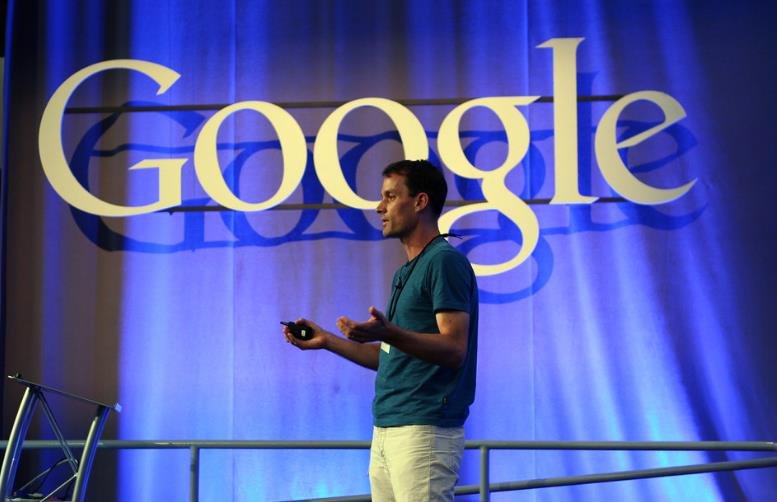Google’s Chief Scientist Jeff Dean recently spoke at an online event where he discussed the scope and limitations of artificial intelligence (AI) with Dr Pramod Varma, the Chief Architect of Aadhaar. Dean praised India’s strong culture of engineering and science, and said that the country was well positioned for AI advancements.
Dean shared his journey of working with AI at Google, and how he and his colleagues started to experiment with large-scale neural networks in 2012. He said that AI has been used in Google’s products and services since 2001, when one of his colleagues created an innovative way of spelling correction.
He said that AI has enabled Google to improve its search, translation, speech recognition, computer vision, and natural language understanding capabilities. He also said that AI has helped Google to tackle some of the world’s biggest challenges, such as health care, education, and climate change.

India’s Strengths and Opportunities in AI
Dean said that India has a lot of strengths and opportunities in AI, as it has an incredibly strong culture of respecting engineering and science and computer science. He said that India has a thriving culture that respects its engineers and scientists, and that this will drive more students to pursue AI.
He also said that India has a large and diverse population, which can provide a rich source of data and insights for AI applications. He said that India has many social and economic problems that can be solved with AI, such as agriculture, health care, education, and governance.
He also said that India has a lot of talent and innovation in AI, and that he met some incredibly talented and eager students who are excited to learn about AI. He said that India has some of the best universities and research institutes in the world, and that he was impressed by the quality and quantity of AI research papers from India.
Challenges and Recommendations for AI Development
Dean also acknowledged some of the challenges and recommendations for AI development in India and globally. He said that one of the challenges is to ensure that AI is ethical, fair, and inclusive, and that it does not harm or discriminate against anyone. He said that Google has developed some principles and practices to guide its AI work, and that it is important to have a diverse and multidisciplinary team of experts to oversee and review AI projects.
He also said that another challenge is to ensure that AI is accessible and affordable for everyone, and that it does not widen the digital divide. He said that Google has been working on making its AI tools and platforms more open and easy to use, and that it has been supporting various initiatives and programs to democratize AI education and training.
He also said that another challenge is to ensure that AI is regulated and governed properly, and that it does not pose any security or privacy risks. He said that Google has been collaborating and communicating with various stakeholders, such as governments, regulators, civil society, and academia, to develop and implement appropriate and consistent AI policies and standards.
He also said that another challenge is to ensure that AI is compatible and interoperable with other technologies and systems, and that it does not cause any disruption or conflict. He said that Google has been following and contributing to the development and adoption of common and open AI frameworks and protocols, such as TensorFlow and ONNX.
A Vision for the Future of AI
Dean concluded his talk by sharing his vision for the future of AI, and how he hopes that AI will benefit humanity and the planet. He said that he hopes that AI will help us to solve some of the most pressing problems that we face, such as climate change, poverty, disease, and inequality. He said that he hopes that AI will help us to create a more sustainable, prosperous, and peaceful world.
He also said that he hopes that AI will help us to discover new knowledge and insights, and to advance the frontiers of science and technology. He said that he hopes that AI will help us to explore the mysteries of the universe, the nature of life, and the potential of human intelligence.
He also said that he hopes that AI will help us to enhance our creativity and expression, and to enrich our culture and art. He said that he hopes that AI will help us to create new forms of music, literature, and visual art, and to appreciate the diversity and beauty of human culture.







